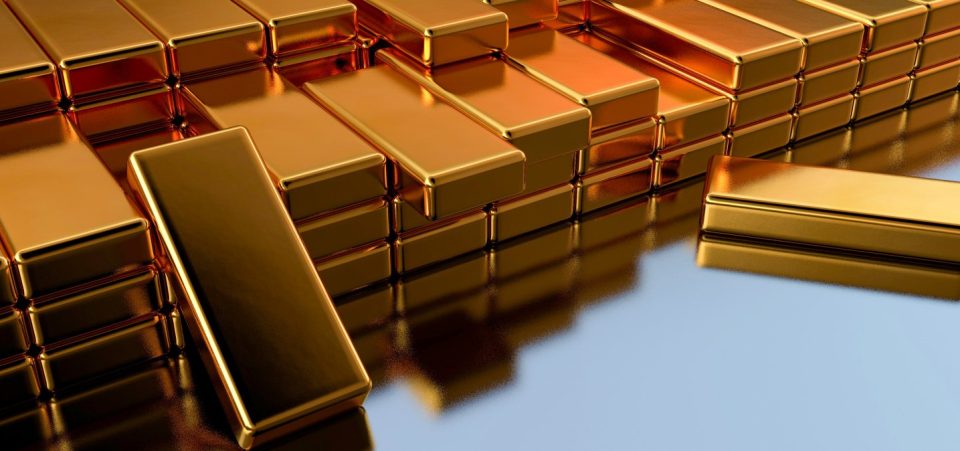Why Central Banks Might Send Gold Prices Soaring
If you’re trying to figure out where gold prices are headed next, you can’t ignore central banks. They could be one of the biggest catalysts to take gold prices to $3,000 per ounce much sooner than expected.
Central banks have been buying gold for years, and it doesn’t look like they’ll stop anytime soon. Here’s the kicker: it’s not the major central banks that have been buying the yellow precious metal lately; it’s the smaller ones. The major central banks already own a lot of gold.
Central banks don’t make an announcement before buying gold for their reserves. They buy it first and announce it later.
Central banks’ actions have been speaking louder than words, saying they want more gold. They’ve been net buyers of the yellow metal since 2010. In the first quarter of 2022, they bought gold again, 84 tonnes of it. That’s a slightly lower amount than during the same period a year ago, but they remain buyers. (Source: “Gold Demand Trends Q1 2022,” Goldhub, April 28, 2022.)
Egypt’s central bank purchased 44 tonnes of gold in the first quarter 0f 2022, taking its gold reserves to 125 tonnes. Turkey bought 37 tonnes of the yellow metal, so now that country’s reserves stand at more than 430 tonnes.
Over the past few quarters, India’s central bank has also been an active gold buyer. India added six tonnes of gold to its reserves in the first quarter of 2022, so its gold reserves now amount to 760 tonnes. Ecuador bought three tonnes of gold bullion from small, local gold producers in the first quarter.
The Bank of Ghana announced a gold purchase program in June 2021, with a goal of increasing its gold reserves from nine to 17 tonnes by 2026. Ghana’s central bank said it had purchased 600 kilograms of gold under that program.
Moreover, the central bank of Russia announced that it will resume its gold-buying program. In the past few years, Russia’s central bank has been one of the most resilient central banks in terms of purchasing gold. It bought gold no matter the price. The Russian central bank currently holds about 2,300 tonnes of gold.
Gold Price Outlook: If You Own It, Solid Rewards Might Be Ahead
Dear reader, what central banks are doing these days when it comes to purchasing gold is grossly underreported in the mainstream media. It doesn’t get reported much because the gold market is considered boring, not like hot technology stocks or cryptocurrencies.
Central banks need gold as the world becomes more polarized and currencies get questioned. The yellow precious metal has a history of preserving wealth in times of currency devaluation and crisis. Central banks know this well. They hold a lot of currency in their reserves and will need a lot of gold to hedge against volatility. This will help gold prices get to $3,000 per ounce.
Given what central banks did in the first quarter of 2022, my stance on gold is as bullish as ever. Over the past few months, gold prices have held at the level between $1,800 and $1,900. There could be a solid base building, and I wouldn’t be surprised if, in a few years, we look back at these prices and say, “Wow, gold was cheap.”






